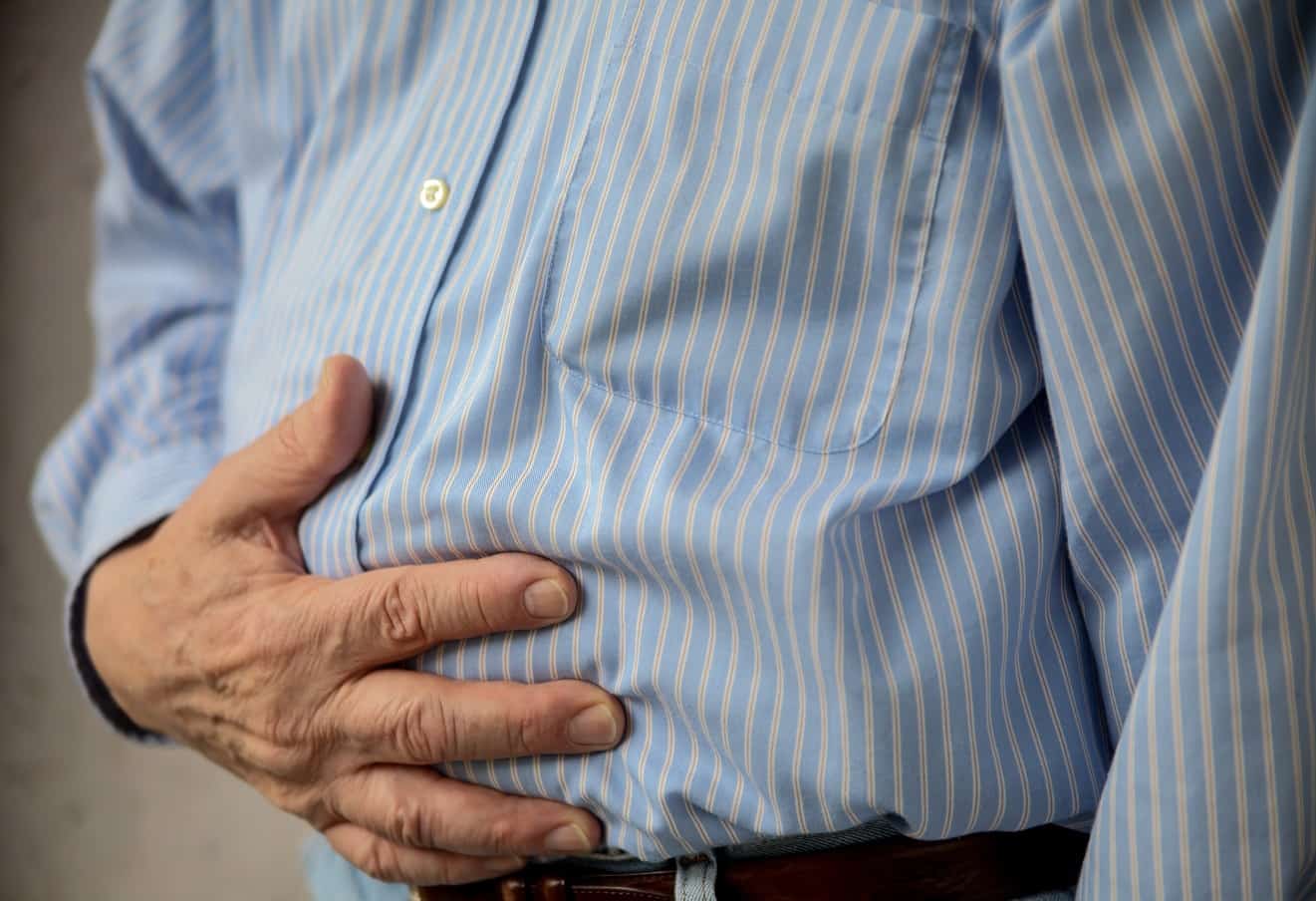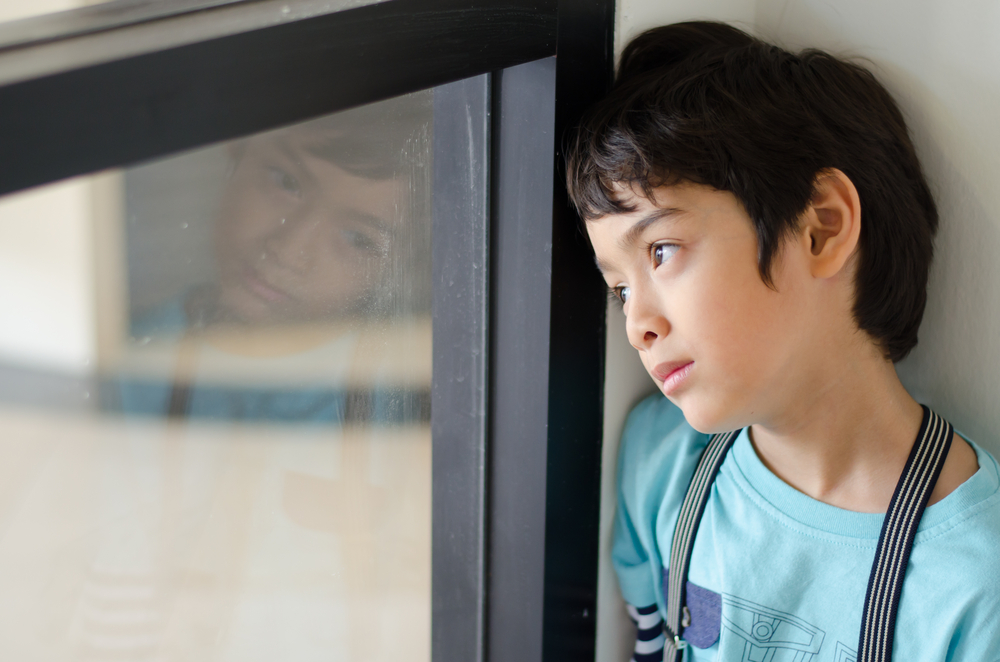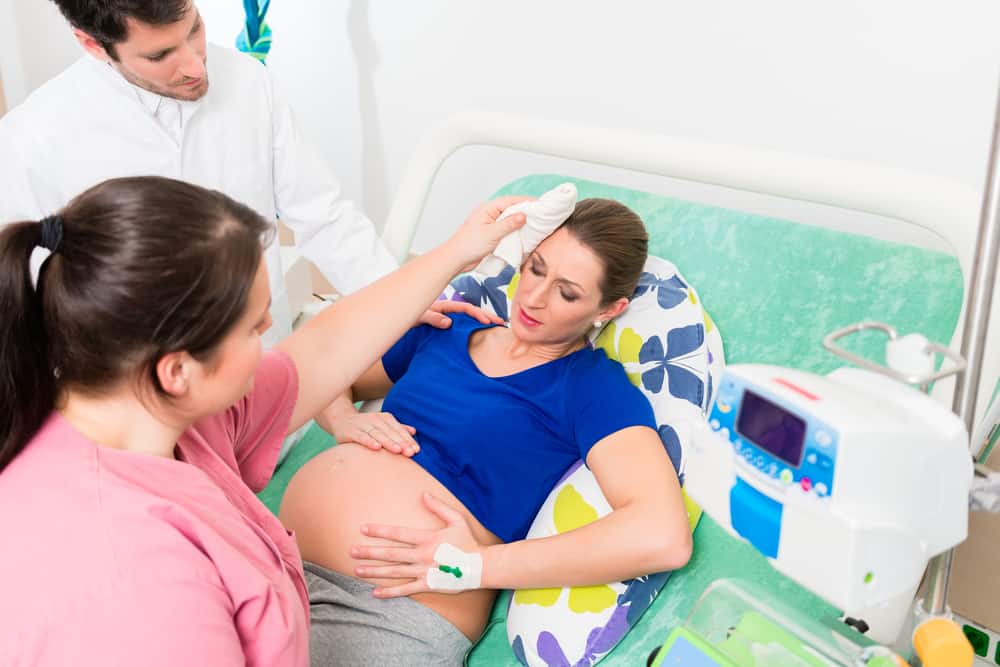Contents:
- Medical Video: What You Need to Know About Colon Cancer
- What is colorectal cancer?
- What causes colorectal cancer?
- Who is at risk for colon cancer?
- What are the signs and symptoms of colorectal cancer?
- What complications might occur due to colon cancer?
- How is colorectal cancer diagnosed by a doctor?
- What are the treatments for colorectal cancer?
- Operation
- Chemotherapy
- Radiotherapy
- How do you deal with colorectal cancer?
- Routine screening
- Change your diet
- Exercise routine
- Much rest
Medical Video: What You Need to Know About Colon Cancer
Based on information obtained from the Ministry of Health's National Cancer Mitigation Committee, the incidence of colon cancer in Indonesia is 12.8 per 100,000 adults, with the mortality rate reaching 9.5% of the total cases of cancer. Here are all the information you need to know about colon cancer, which is also often called colorectal cancer - the causes, symptoms, risks, and how to treat it.
What is colorectal cancer?
Colon cancer is the third most common cancer in the world, with almost 1.4 million new cases diagnosed in 2012.
The large intestine is the last part of the digestive system that functions as a drainage tract for the body. The large intestine can be up to 1.5 m long. At the end of the large end is the rectum. Colorectal cancer occurs when the cancer cells grow at the end of the digestive system, including the intestine, anus (rectum), and appendicitis. Bowel cancer and rectal cancer occur in different positions, but often cause the same symptoms so that they are grouped together as colorectal cancer.
What causes colorectal cancer?
Like most other cancers, colorectal cancer occurs when abnormal cell growth in the area of the large intestine and rectum causes tumors or polyps. Some polyps then become cancerous over time. This is called primary cancer. Colorectal cancer can also occur due to cancer cells from other body parts that spread to the large intestine or rectum. This is called metastasis.
Most colorectal cancers are adenocarcinomas, which are cancers that begin in the cells that produce and release mucus and other fluids. Adenocarcinoma causes more than 95% of cases of colorectal cancer. This cancer begins in cells that form mucus-producing glands that lubricate the inner walls of the large intestine and rectum.
Who is at risk for colon cancer?
Anyone can get cancer, including colon cancer.Cancer screening is recommended for most people over 50 years of age. But there are several factors that can increase your risk of colon cancer. According to GLOBOCAN 2012 data, colon cancer in Indonesia is now ranked number 3, because it experienced a sharp increase caused by changes in the diet of Indonesians who are higher in fat and low in fiber.
In addition, if you have the following risk factors, then you should start screening earlier from a young age.
- You have had colorectal cancer or polyps in the past
- You have a family history of colorectal cancer or polyps
- You have ulcerative colitis or Crohn's disease
- You have a legacy of colon cancer syndrome
What are the signs and symptoms of colorectal cancer?
In the early stages, colorectal polyps can be undetected and cause no symptoms. However, as polyps develop into large cancerous tumors, you can experience several symptoms which include:
- Diarrhea or constipation
- The feeling that your bowel movements are not completely completed
- Bloody stool (either bright red or very dark)
- Shorter than usual stool
- Often experience abdominal pain or cramps due to gas, or feeling full or bloated
- Weight loss without knowing the reason
- Fatigue
- Nausea or vomiting
The series of symptoms above may be misunderstood as a symptom of other health conditions. Therefore, you should immediately see a doctor if you experience:
- Exit blood from the anus
- Blood in the stool or in the toilet after you defecate
- Changes in the shape or consistency of stool (such as diarrhea or constipation which lasts for several weeks)
- Pain cramps in the lower abdomen
- Feeling of discomfort or an urge to defecate when you don't need to defecate
- Weakness or fatigue
- Unintentional weight loss
Everyone can experience cancer in a different way. You can experience no symptoms at all or experience symptoms with a different severity than others. One common symptom in people with colorectal cancer is a feeling of general pain and difficulty defecating.
What complications might occur due to colon cancer?
The most common complication of colorectal cancer is cancer that spreads to other body parts. Treatment of colorectal cancer also causes several complications such as:
- Urinary retention
- Leaks from the surgical site
- Pain
- Skin allergic reactions or burning sensations
- Mechanical blockage (narrowing)
- Bleeding and radionecrosis (tissue damage due to radiation energy)
- Nauseous vomit
- Diarrhea
- Inability to fight infection
- Allergic reactions
How is colorectal cancer diagnosed by a doctor?
Most people just get a diagnosis when symptoms appear. However, early-stage colorectal cancer often causes no symptoms, so most patients only get a diagnosis when their cancer has reached an advanced stage. This is why you should undergo a recommended screening test regularly to check your condition.
1. Digital rectal examination
The doctor will feel to check for polyps or growth in your large intestine by inserting one gloved finger into your rectum.
2. Barium enema
A barium enema is performed by a doctor to inject fluid into your rectum (enema) to make the large intestine clearer on x-rays. The doctor will check the scan results to find any abnormalities.
3. Faint blood test
The doctor will give you a tool to take stool samples at home. After that, you can take it to the doctor to check whether blood is found in the stool. You may need to fast certain foods and medicines to make this test effective.
4. Stool DNA test
This is another stool test to check for cancer cells in the stool. If the previous blood test shows a positive result, the doctor will likely ask you to undergo this test.
5. Colonoscopy
A colonoscopy is carried out using a thin and flexible tube that is inserted into the rectum to examine the entire large intestine. A colonoscopy can feel uncomfortable, but it usually isn't painful.
6. Virtual colonoscopy
This new test uses a CT scan to model your large intestine on a computer. If your doctor discovers polyps or other abnormalities, you will have to undergo a traditional colonoscopy to examine them in more detail or to remove them.
What are the treatments for colorectal cancer?
If you have colon cancer, the doctor will explain various treatment options to you. Usually cancer treatment will include:
Operation
Surgery is generally the main treatment for colon cancer and rectal cancer. Doctors will use this method to remove the tumor.
Chemotherapy
Chemotherapy uses drugs to kill cancer cells. Chemotherapy can reduce the immune system, so you have to undergo immunotherapy to prevent infection during treatment. This combination of treatments has been shown to reduce the spread of cancer more effectively than just using chemotherapy independently.
Sometimes doctors will recommend chemotherapy after surgery to kill cancer cells that cannot be fully removed. This method is also often used if there is a possibility of recurrence.
There are many different medicines available for chemotherapy and immunotherapy. The doctor will help you determine what medication is right for your needs.
Radiotherapy
This treatment uses radiation to kill cancer cells. Radiotherapy can be used before surgery to reduce the size of cancerous tumors. Sometimes both radiotherapy and chemotherapy are used after surgery.
How do you deal with colorectal cancer?
Even though there is no guarantee that you will be immune from colorectal cancer, you can lead a healthy lifestyle to reduce the risk of cancer and treat cancer better if you are tested positive for cancer. You can start with the basic things first, namely by:
Routine screening
Taking a routine health check can detect signs of colon cancer early and increase the likelihood of successful treatment. If you are currently suffering from colorectal cancer, you need a routine check to check if there is new growth or metastasis in another area. Some common tests are the CEA blood test (carcinoembryonic antigen), CT scan (computed tomographic).
Change your diet
Cancer treatment can be very tiring and eating is probably the last thing you think about. You can experience symptoms that make eating difficult, such as nausea and vomiting. Side effects of this treatment can make you often experience weight loss. You may feel that eating smaller portions every 2 to 3 hours is very helpful until you feel better. You might also want to ask your cancer team about visiting a nutritionist, a nutritionist who can give you ideas on how to deal with the side effects of this treatment.
Exercise routine
One of the side effects of cancer treatment is a feeling of fatigue, which can cause a decrease in the level of activity. But you must keep exercising even though you are busy fighting cancer. Regular physical activity can actually help you reduce fatigue. If you do not move actively during treatment, the result is a level of fitness and endurance and muscle strength. If you are never used to exercising before, start slowly, for example by walking around the house complex. Discuss with your doctor every plan of your exercise, so that it can be adjusted to your current condition.
much rest
If you feel very tired, don't force to exercise and balance your physical activity with rest. You may rest when you really need it. Sometimes it is very difficult for someone to let themselves rest when he is used to working all day or taking care of housework, but this is not the time to force yourself. Listen to your body and rest when you need it.
Hello Health Group does not provide medical advice, diagnosis or treatment.












